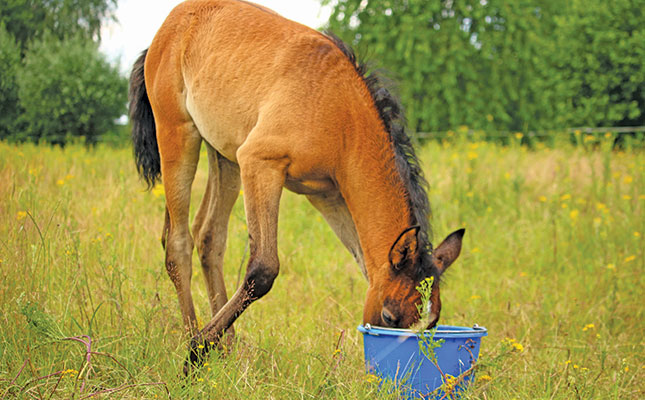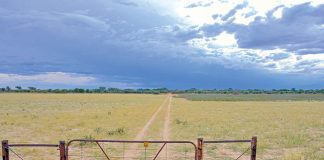
Photo: Pixabay
The Food and Agriculture Organization of the United Nations has recently been distributing rapid tests for analysis of cereals and grains used for human and animal consumption in developing countries to detect aflatoxins.
It is a simple test that can be used at farm level, and is reportedly being supplied to small-scale farmers in Zimbabwe and Tanzania.
Aflatoxins are mycotoxins that are produced by two fungi, namely Aspergillus flavus and A. parasiticus, which grow on groundnuts, maize, tree nuts, soya bean and other plant-derived ingredients in animal feeds.
Aflatoxin B1 is a powerful hepatocarcinogen and is known to cause liver cancer in children. As such, it is strictly monitored in human food.
Livestock feed manufacturers are fairly compliant with regards to measuring aflatoxins as they can be transmitted through milk and eggs.
Severe toxic effects on dogs have been observed, and outbreaks with high mortality rates have been described due to high levels of aflatoxin in dog food.
The article, ‘A comparative analysis of mycotoxin contamination of supermarket and premium brand pelleted dog food in Durban, South Africa’, published in the Journal of the South African Veterinary Association in 2017, said that all 20 samples of dog food sampled in the study contained more than the 10 ppb allowed in terms of the Farm Feeds and Fertilizers Act.
While the presence and effects of aflatoxin in horse feed are not well described in literature, it is beginning to attract the attention of horse owners.
Aflatoxin poisoning
The clinical signs of acute aflatoxin poisoning in horses are fairly easy to observe as sudden death follows colic, bloody faeces and bleeding from the nostrils.
Several horses usually die at the same time. These acute cases show severe liver damage on postmortem. However, chronic effects of aflatoxin poisoning are not easily recognised and can be confused with a number of other diseases.
They include poor appetite, weight loss, depression, coughing, yellow mucous membranes, reduced immunity and brown urine. Some horses also have tremors and a loss of balance.
Blood tests show high liver enzymes and anaemia, but this may also occur in infectious diseases carried by ticks. Horses with heavy burdens of intestinal parasites such as bots, tapeworms and roundworms or liver fluke may also present with high liver enzymes and anaemia.
Prevention
Aspergillus moulds grow in the presence of moisture. For this reason, keep horse feed dry and store it indoors.
If there are hard lumps in the horse feed, or the feed has a musty smell, this may be due to fungal growth. In general, commercial horse feed is produced by the same manufacturers that produce livestock feed and the ingredients are regularly tested.
It is therefore more risky to mix your own feed, especially if you buy ingredients directly from farmers that are not subjected to the routine testing expected of feed manufacturers.
It is also particularly dangerous to feed groundnut hay to horses as this has a high risk of being contaminated with aflatoxins.
Sources:
- Singh, SD and Chuturgoon, AA. 2017. ‘A comparative analysis of mycotoxin contamination of supermarket and premium brand pelleted dog food in Durban, South Africa’. Journal of the South African Veterinary Association.
- Caloni. F and Cortinovis, C. 2011. ‘Toxicological effects of aflatoxins in horses’. The Veterinary Journal.











